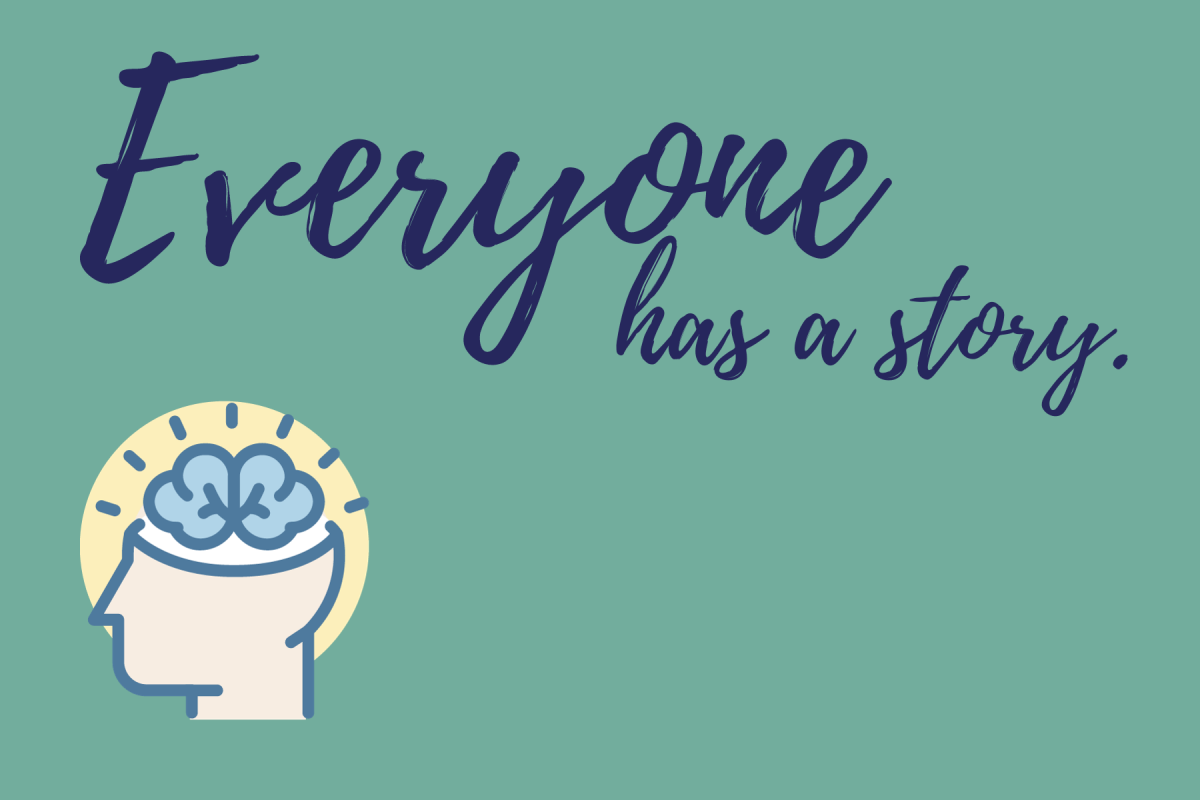Some people live in a constant state of being overwhelmed, anxious, or depressed. Others, it may only be after something triggering causes this response. A lucky few have never felt this way, but it does not mean they have not had their own battles. We all have challenges in life, at some point, struggling with mental health. This is where the benefit of practicing mental wellness comes in.
Sarah Salinas, FISD social worker, said that the best way to maintain steady mental health is by actively working on our mental wellness to prevent a crisis situation. There are many ways to go about this, such as:
Go at your own pace. Activities that “fill up our mental cup” are always beneficial, providing a healthy outlet. This might be spending time with friends and family, participating in a sport, creating art, or maybe even reading a book. It is important to have such outlets to create a space to decompress and regain mental clarity.
Take care of yourself. It is important to take care of ourselves, both mentally and physically. Eating well, exercising, and being social are ways to look after our physical selves. Mentally, it is important to pay attention to our level of mental wellness, being intentional in creating a positive mindset.
Self insight. Learning more about yourself strengthens the ability to identify your state of mental health. Ways to gain self-insight include emotional exercises, learning how your brain processes events, and identifying the emotions associated with moments. A good exercise in self-insight would be journaling.
Express yourself. Though finding the words to express our emotions can be difficult, it is important to communicate about the mental space we are in, whether positive or negative. Talking about feelings allows us to process, open up, or calm down. Self-expression to facilitate these conversations can come in different forms, such as art, music, photography, etc. These types of self-expression can help in understanding ourselves and others. Starting and normalizing conversations about emotions can establish a more mentally healthy social setting.
Find a support system. At times, it can feel as if the world is against us, so it is important to know there is always someone available to you. No matter if it is a counselor, teacher, youth group leader, pastor, family member, or trusted friend, a support system is always needed. Identifying somewhere we can turn to, in a trusted adult, in moments of crisis and reaching out is essential.
In times of panic, use grounding. When the mind is anxious, it is easy to default to unhealthy habits that we may not be aware of. We can disrupt this pattern by using certain grounding techniques. Breathing exercises, such as box breathing, are easy ways to calm our thoughts. Another useful grounding technique is naming five things you can see, four things you can touch, three things you can hear, two things you can smell, and one thing you can taste. See the signs. “If you can preventatively care for your mental health before it gets in crisis, then that is going to be a much better option than just waiting until things keep building, ignoring all of your struggles,” Salinas said. “This can lead to a crisis and much more intense interventions are going to be needed.”
Learn to recognize the indicators, physical or emotional, that your mental health is struggling. By doing this, you can actively watch and identify when your mental health is declining. Common signs of mental struggles are feeling clammy, sweating, stomach aches, agitation, panic attacks, racing thoughts, fatigue, or trouble sleeping. To help identify, ask yourself questions such as: Am I engaging in social activity? Am I doing activities that bring me joy? Or am I doing the bare minimum, just trying to survive? If it gets worse, seek help.
If your mental health is suffering, it is important to reach out. Find a trusted adult whom you can talk with. Salinas is also available for students in room 110. Her room is always open as a place to decompress about a situation that you need to process.
988. This is the number for the suicide hotline. The 988 Lifeline provides 24/7, confidential support to people in suicidal crisis or mental health-related distress. The 988 Lifeline is available for calls or texts.
“All of us have issues, all of us struggle, and we shouldn’t have to suffer in silence,” Salinas said.
You spend a lot of time in your head. Make it a nice place to be.


















































